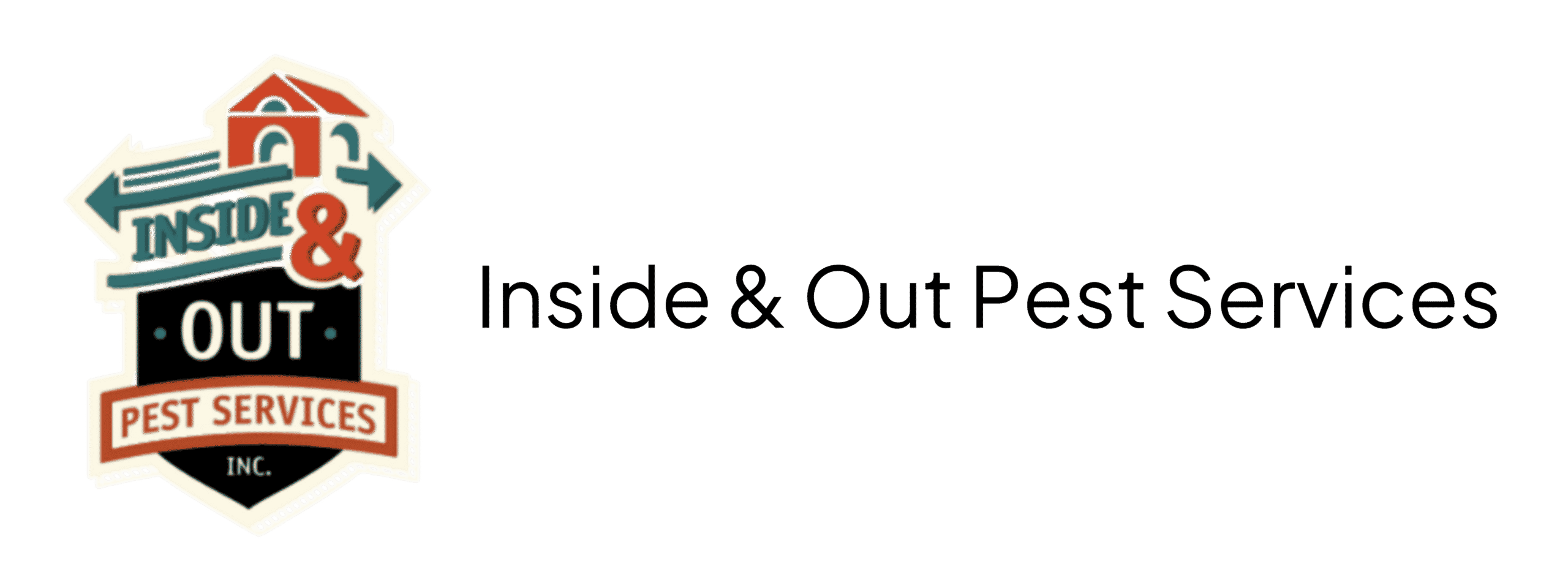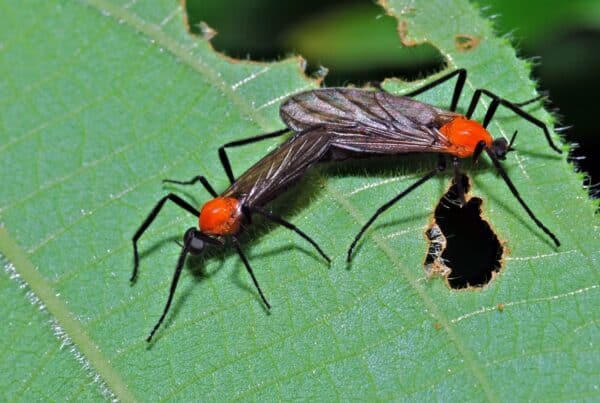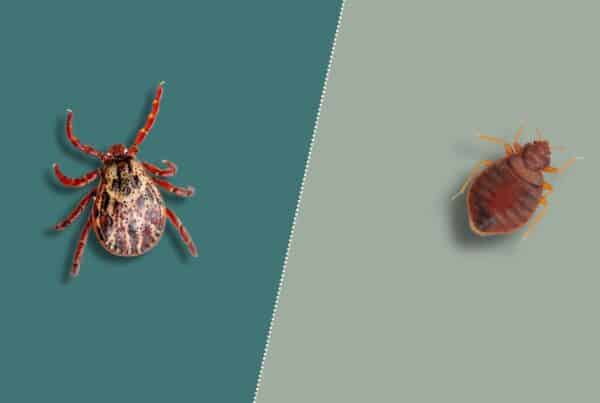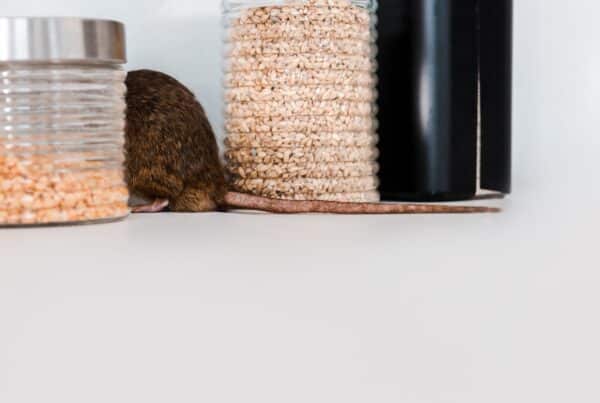Sugar ants are a familiar sight in Florida homes, but don’t let their small size deceive you. They can cause big problems if left unaddressed. Understanding the typical behavior of sugar ants and taking the right preventive measures can keep your home ant-free.
In the sections below, we’ll explore what brings these pests into our homes, practical ways to deter them, and when to call in the experts.
Understanding Sugar Ants
While “sugar ants” is a catch-all term, it refers to various small ants in Florida that are drawn to sweet substances. These ants also consume proteins and fats, making your kitchen an ideal hunting ground.
The common types you might encounter include the odorous house ant, which leaves a coconut-like smell when crushed, and the ghost ant, notorious for its love of sugar. Identifying the exact species in your home can enhance the effectiveness of your prevention strategies.

Why Sugar Ants Are Attracted to Your Home
Sugar ants come seeking food and water, especially during the hot and dry conditions typical of Florida’s climate when outside resources are scarce. Key attractants include:
- Food Sources: Exposed sweets, pet food, and even unsealed pantry items can draw ants inside.
- Moisture: Leaky pipes, condensation from air conditioners, and even pet water bowls provide necessary hydration for these pests.
- Entry Points: These ants are small enough to enter through the tiniest cracks and gaps. Mostly, this is around doors, windows, and home foundations.
Recommended Maintenance for Preventing Sugar Ants
When it comes to pests of any kind, prevention is your first and most effective measure of control.
- Seal Entry Points: Conduct a thorough inspection of your home, looking for any small openings around windows, doors, and the foundation. Use caulk or another appropriate sealant to close these gaps securely.
- Maintain Cleanliness: Immediately clean up any spills and crumbs! Regularly wipe down surfaces, and avoid leaving dirty dishes in the sink. These simple habits can significantly reduce the attractiveness of your kitchen to ants.
- Manage Waste: Store food in sealed containers and regularly empty garbage cans. Make sure they have tight-fitting lids to discourage ants from foraging in your trash.
- Reduce Moisture: Address sources of excess moisture by repairing leaky faucets and pipes, using dehumidifiers in damp areas, and ensuring that your air conditioning units are functioning properly without excess condensation.
- Trim Vegetation: Prevent ants’ access to your home by keeping tree branches and shrubbery well-trimmed and away from your house.

When to Call a Professional
While many ant infestations can be managed with DIY strategies, certain situations require professional intervention:
- Persistent Infestations: If you’ve tried multiple strategies and ants continue to return. It may indicate a larger or more entrenched colony that a professional needs to address.
- Large Colonies: Professionals can effectively manage large colonies or those located in hard-to-reach areas, ensuring the complete removal of the infestation.
- Damage: Some ant species can cause structural damage. If you suspect such species are present, professional pest control is necessary to prevent significant harm.
Conclusion
To keep sugar ants from taking over in Florida, stay diligent with prevention and ready to act swiftly. From sealing up entry points to kitchen cleanliness, you can fight back every day. But if you find yourself facing a recurring ant problem, it’s not just a nuisance—it’s a call to bring in the professionals.
For help with an existing pest concern or to schedule preventative control, call Inside and Out Pest Services in Jacksonville, FL, and surrounding areas.



